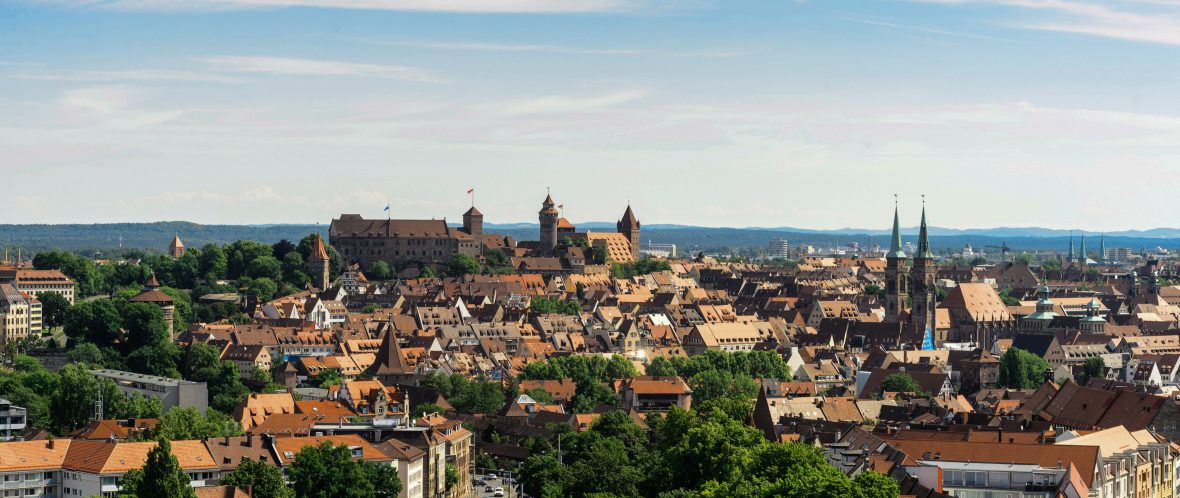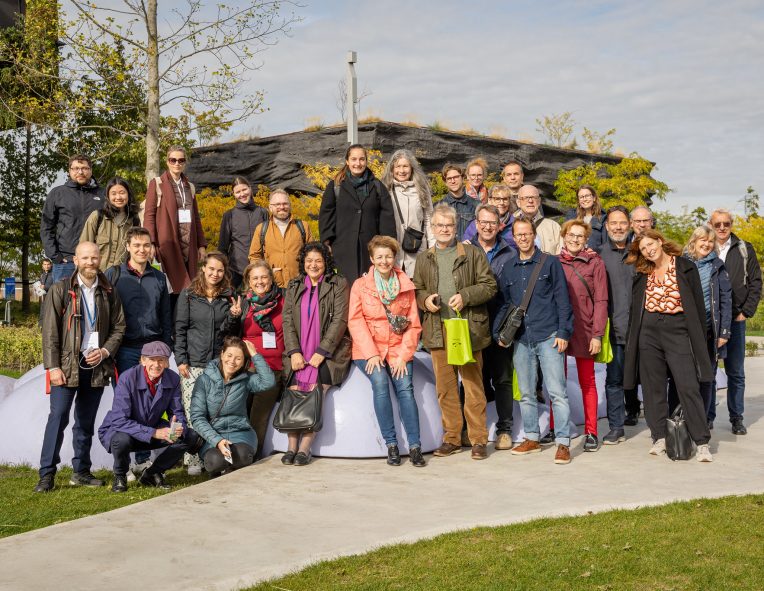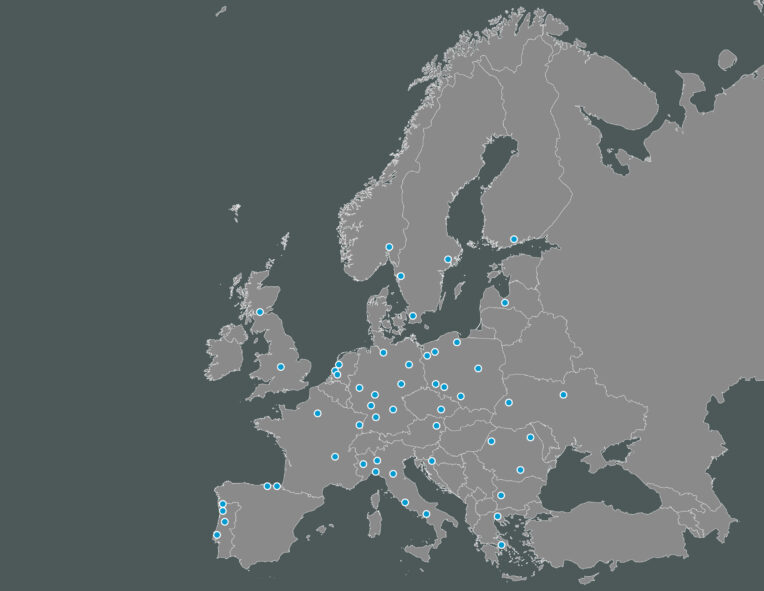Introduction
The METREX Nürnberg Conference was hosted by Nuremberg Metropolitan Region and was linked to the BIOFACH eSpecial, which is the trade fair for organic food.
With the Farm-to-Fork strategy, the EU wants to create a sustainable EU agricultural system for “greener and healthier” food. The use of chemical pesticides, fertilizers and antibiotics is to be drastically reduced. The share of organic farming in the EU is to increase to 30% by 2050.
The EU sees cities as key players in the restructuring of the agricultural and food industry. Quite rightly, we have been experiencing a boom for years in the promotion of organic and regional food “from below” from the organic cities, fair trade towns and eco-model regions as well as the many regional initiatives that promote high-quality food and regional added value. Research and practical projects in recent years have shown that there is great potential for a sustainable food industry, especially in the urban-rural network within metropolitan regions. The Milan Urban Food Policy Pact, which was adopted in 2015, should also be seen as an important basis.
What opportunities do the EU’s farm-to-fork and food strategy offer cities, municipalities and rural districts? How can the EU level and the municipal/regional level be interlinked? The congress STADTLANDBIO 2021 takes up these and other exciting questions.
Image of Nürnberg by Uwe Niklas
Farm to fork – what are the big issues?
These interviews, conducted by Lise Pedersen, took place prior to the METREX Conference to uncover some of the issues that helped to shape the programme of the conference.
STADTLANDBIO 2021 Congress
SLB englisch from PIRATEx GmbH on Vimeo.
Digital Excursions
The Initiative of #Innovationskunst
Nicolas Kubanek, Initiative Innovationskunst
Elena Burdiel, Fraunhofer Institute IIS
Agnes Pelzl, Fraunhofer Institute IIS
“Innovationskunst” is an initiative formed by various large corporations, mid-sized companies, universities and research institutes. The goal is to create awareness for the strong innovation facts and figures as well as its lively innovation community within the metropolitan region of Nuremberg. In the long run the initiative aims for attracting skilled labor and scholar. In this excursion we present our network approach and show how the initiative works and functions by coordinating different involved parties.
Katrin Gerstner, ENERGIEregion Nürnberg
Florian Heberle, University of Bayreuth
Hydrogen harbours great opportunities for new regional value chains, a transition towards decentralized energy supply and mobility. The Nuremberg Metropolitan Region is one of the leading hydrogen regions in Europe with expertise at home in research institutions, hidden champions, global players and mediumsized companies. Our excursion will introduce you to our ecosystem for green hydrogen technologies and applications. Taking the HyExpert region of Wunsiedel im Fichtelgebirge as an example, we will show you how hydrogen will advance the transition towards decentralized energy supply and mobility.
Innovation Ecosystems – Medical Valley
Yvonne Dauer, Medical Valley
Jörg Trinkwalter, Managing Director Medical Valley
Digitalization will transform healthcare delivery massively – with huge benefits for every European citizen. “Medical Valley Nuremberg Metropolitan Region” is a leading eco system in Europe for healthcare innovations. In this excursion we present our cluster work and demonstrate our decentralised approach. We will show project examples for ehealth and AI empowered integrated care solutions, Startups and telemedical solutions to improve rural healthcare.
Nicola Polterauer, Energieagentur Nordbayern GmbH
Britta Walthelm, Nürnberg
The Climate Protection Forum has existed since 2010 and currently has about 100 members from municipalities, science, business and institutions. It has drawn up a climate pact that envisages a 90% reduction in CO2 emissions by 2050 compared with 1990. A key instrument for realizing these climate protection targets is the planned Fund for Climate Protection and Sustainable Development. This Fund is a pilot project for Germany: municipalities, companies and private individuals can contribute in paying compensation payments for CO2 emissions, which are then used to finance climate protection projects in the Nuremberg Metropolitan Region.




